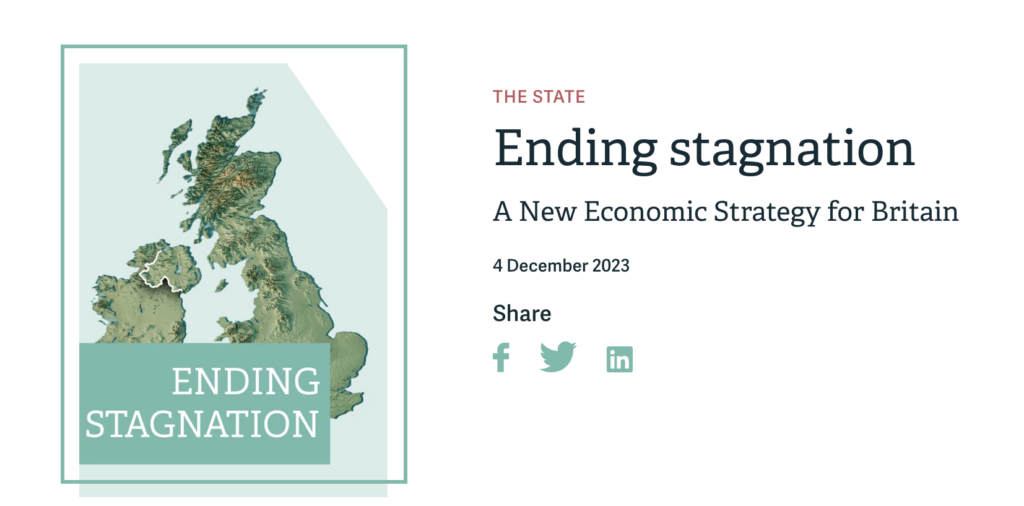Safely grazing

A photograph taken on a rural cycle ride yesterday morning. Made me think of Bach — see today’s Musical Alternative.
Quote of the Day
“Get out and vote. Just this time. You won’t have to do it anymore. Four more years, you know what: it’ll be fixed, it’ll be fine. You won’t have to vote anymore, my beautiful Christians…. Get out, you’ve got to get out and vote. In four years, you don’t have to vote again, we’ll have it fixed so good you’re not going to have to vote.”
- Donald Trump, speaking to Christians at the Turning Point Action Believers’ Summit in West Palm Beach, Florida on July 26.
I have to say that when I first read that I wondered if it might have been Trump’s favourite form of media — fake news. So I dug out the CSPAN video of the speech and watched it. And it’s there, towards the end — spool forward to 1.03:12 and you can see for yourself.
Musical alternative to the morning’s radio news
J.S. Bach | Schafe können sicher weiden — Sheep May Safely Graze — from the Hunt Cantata, BWV 208
Long Read of the Day
How to fix the UK? Let me count the ways
Really interesting essay by Tim Harford of the Financial Times
Here’s the bad news: it is going to take more than a change of government to cure what ails Britain. The symptoms are wearyingly familiar, but worth summarising. Waiting lists for NHS treatment have soared above 7.5mn, from 4.2mn in 2019 and 2.5mn in 2010. Prisons are at capacity, and the court system long since exceeded it. Local government funding has been squeezed for years, with obvious effects on local services such as social care, libraries and leisure centres.
The simple explanation for all this is that 14 years of Conservative-led governments have cut taxes, preferring to trust citizens with their own money even if it leaves the public realm looking threadbare. But that’s not what has happened. While headline taxes on average earners are indeed low, as a proportion of national income the total tax burden is — infamously — near the highest level since the 1940s, while the UK continues to borrow and add to the largest pile of debt in living memory. In short, we are spending more than ever and somehow getting less than ever for it.
Those are the symptoms. The cause is familiar, too: productivity has stagnated since 2008…
It’s good, but a newspaper column can only scratch the surface of the UK’s problems. For a really thorough analysis the best place to look (as Tim suggests) is the Resolution Foundation’s report.

You can download it for free. It’s quite a read, believe me.
AI and the Sigmoid Curve
Yesterday’s Observer column
I bought an iPhone 15 the other day to replace my five-year-old iPhone 11. The phone is powered by the new A17 Pro chip and has a terabyte of data storage and accordingly was eye-wateringly expensive. I had, of course, finely honed rationales for splashing out on such a scale. I’ve always had a policy of writing only about kit that I buy with my own money (no freebies from tech companies), for example. The fancy A17 processor is needed to run the new “AI” stuff that Apple is promising to launch soon; the phone has a significantly better camera than my old handset had – which matters (to me) because my Substack blog goes out three times a week and I provide a new photograph for each edition; and, finally, a friend whose ancient iPhone is on its last legs might appreciate an iPhone 11 in good nick.
But these are rationalisations rather than solid justifications. The truth is that my old iPhone was fine for the job. Sure, it would need a new battery in time, but apart from that it had years more life in it. And if you take a cold, detached look at the evolution of the iPhone product line, what you see from the 2010 iPhone 4 onwards is really just a sequence of steady incremental improvements…
Books, etc.

If, like me, you’re struggling to work out the impact(s) of digital technology on democracies, then the re-issue of Karl Polyani’s great 1944 book is quite an event. It was a prescient and powerful argument for keeping capitalism under democratic control — and in that sense was read as a rebuttal of Hayek’s The Road to Serfdom, which, ironically, was also published in 1944.
The economist Branko Milanovic has written a really informative review of the new edition which I think will be helpful to those who didn’t know about Polyani.
For those who may be new to the area, let me just summarize the main insights of Polanyi’s. Market economy, defined as an economy that entirely depends on prices of commodities including market-determined prices of factors of production (what Polanyi called “fictitious commodities”) of labor, land and money is an impossibility. It is impossible in practice because such an economy would annihilate society. This, Polanyi writes, was only imperfectly understood when the first time in history such an attempt was made during the British Industrial Revolution. “The Industrial Revolution was merely the beginning of a revolution so extreme and radical as ever inflamed the minds of sectarians, but the new creed was utterly materialistic and believed that all human problems could be resolved given unlimited amount of material commodities. (p. 40). Self-regulating market society would result (and in Britain it did initially result) in pauperism, vagrancy, alcoholism, insalubrious living conditions, “satanic mills”, much longer hours of work, shorter lives, lack of education, all the elements well known from economic history and from the works of literature.
Thus, the “society” (a rather capacious term that Polanyi overuses) had to defend itself against a self-regulated market economy…
My commonplace booklet
One of the great things about having a blog is that one has readers that know more than the blogger! I’m continually learning this. On Friday, I posted a picture of a lovely little vintage car that we saw on our drive northwards from Provence, and asked if anyone knew what it was.

You can guess what happened. Some readers knew immediately what it was — and told me. Others deployed search techniques to come up with the answer — a Renault 4CV!
Max Whitby (Whom God Preserve) had the idea of showing the image to Anthropic’s LLM (Claude 3.5), which replied as follows:
This appears to be a Renault 4CV, a small economy car produced by the French automaker Renault from 1946 to 1961.
The 4CV was one of France’s first post-World War II car designs and played a significant role in motorizing the French population after the war. Its nickname in France was “quatre pattes” (four paws), referring to its four doors.
The LLM also added some interesting points about the vehicle: it was designed in secret during the German occupation of France in World War II; it had a rear-engine, rear-wheel-drive layout; it was very popular, with over a million units produced during its 14-year production run; and its design influenced later Renault models, particularly the Renault Dauphine.
This was slightly annoying because I also use Claude but it never occurred to me to ask it about the car. And although my question about the car’s identity was a trivial one, Max’s use of the LLM was a reminder of how useful these tools can sometimes be.
Many thanks also to the readers who pointed me at the Wikipedia entry for the 4CV. They included James Miller (Whom God Preserve) who pointed out that this page explained how the little car came to have the mysterious letters RNUR engraved on the front badge:
On 1 January 1945, by de Gaulle’s decree, the company was posthumously expropriated from Louis Renault. On 16 January 1945, it was formally nationalised as Régie Nationale des Usines Renault.”
Thanks to all. I may not be wiser, but I am much better informed.
Linkblog
Something I noticed, while drinking from the Internet firehose.
- Plastic bottles and regulatory ‘freedom’. Jonty Bloom makes a nice point on his blog about the fact that when you now buy a bottle of water in the UK, you find that after you unscrew the cap and have a drink, the cap continues to be attached to the bottle by a thin piece of plastic. Turns out that this is the produce of a newish EU regulation.
But , writes Jonty,
Because we have left the EU the directive does not effect us, (a classic case of regulatory divergence by inertia, which I have mentioned before) but any British manufacturer of plastic bottle who wants to sell in the EU has to follow the EU rules.
As British industry, Remain and anyone with an ounce of common sense has been pointing out for years now, no company is going to run two production lines, one that meets EU standards and a British one that meets lower UK standards. They will run the one with higher standards and sell them in the UK and the rest of Europe.
Hey Presto! The Brexit fools have discovered that these new bottle tops have been “imposed” on the UK by the EU, we are not free or sovereign, EU regulations still apply, we are still in the dead clutch of Brussels, chained to a corpse and so on…
This Blog is also available as an email three days a week. If you think that might suit you better, why not subscribe? One email on Mondays, Wednesdays and Fridays delivered to your inbox at 6am UK time. It’s free, and you can always unsubscribe if you conclude your inbox is full enough already!
